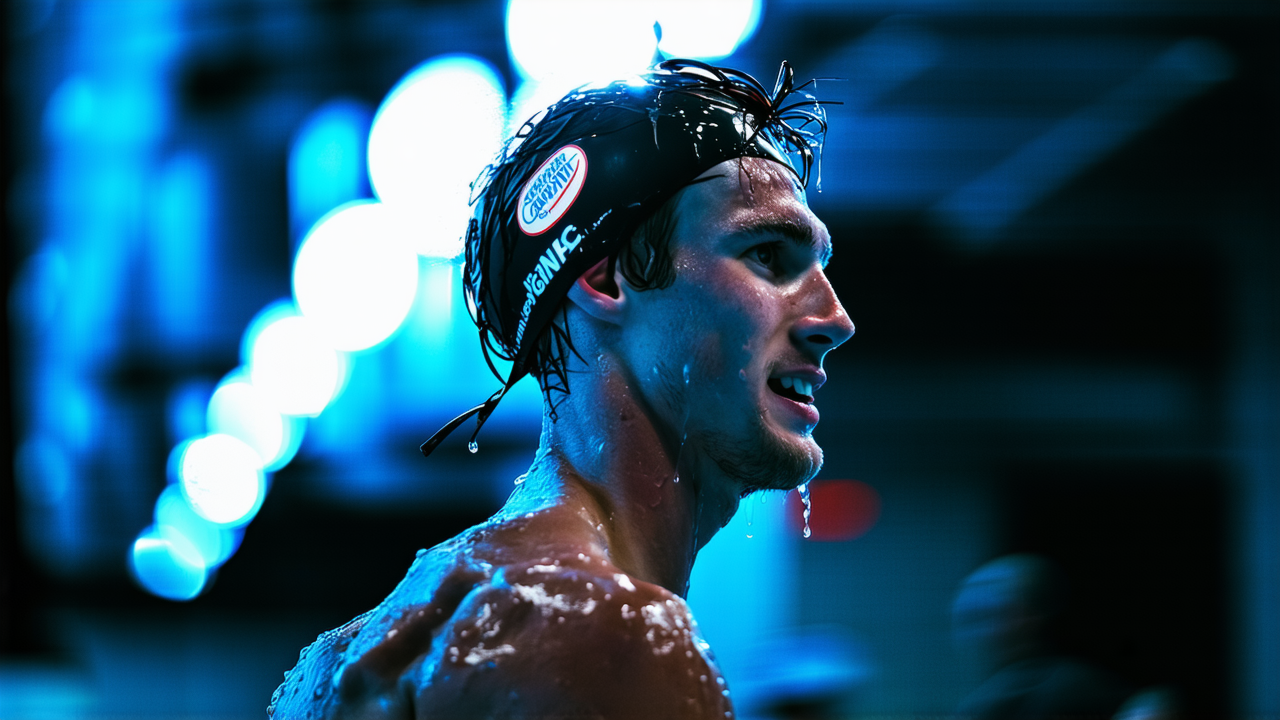New Zealand Triathlete Hayden Wilde Overcomes Life-Threatening Accident to Win Major Race in London
Hayden Wilde's Remarkable Comeback: A Triumph of Willpower and Medical Precision
London, UK — It was a moment that seemed impossible. Just three months after being struck by a truck during a training ride in Japan, New Zealand triathlete Hayden Wilde stood victorious at the T100 series race in London. The Olympic silver medallist, who had faced life-threatening injuries including broken ribs, a fractured scapula, and a punctured lung, returned to the track with a level of determination that has stunned both his medical team and the triathlon community.
From the Hospital Bed to the Finish Line
On the day of the accident, Wilde was on the roadside in Tokyo, speaking to his doctor, Sam Mayhew, in New Zealand, with an almost casual tone. 'He phones me up on the side of the road acting as though it wasn’t even that bad,' Mayhew recalled, 'then you wait two hours until he’s actually in hospital and you get the extent of the injuries and I was like 'jeepers, how were you even talking to me'.'
Wilde, who initially described his injuries as merely 'a bit sore,' had no idea how serious his condition was. Within hours, Mayhew was alerted to the full severity of the injuries, prompting an urgent decision to fly to Tokyo and provide immediate care.
Medical Race Against Time
'I got a phone call Sunday afternoon and by Sunday night it was pretty clear it was pretty serious,' Mayhew said. 'Then made the call to fly to Tokyo that next morning.' The biggest challenge was securing timely surgery for Wilde's shoulder. Japanese doctors recommended waiting three weeks for his ribs and lungs to heal, but Mayhew and Wilde knew that delaying surgery could result in long-term joint and arthritic damage.
'They sort of really wanted to wait for about three weeks to allow the ribs and lungs to heal,' Mayhew explained. 'That’s all well and good if he wasn’t trying to become an elite triathlete again, but it was really concerning about leaving his shoulder in a state without being repaired for three weeks because what happens is it can really seize up.'
Thanks to Mayhew's efforts and the coordination of an emergency medical flight to Belgium, Wilde underwent surgery just a week after the accident, significantly reducing the risk of long-term complications.
A Mind as Tough as His Body
What truly sets Wilde apart is his mental resilience. 'He was already talking about X, Y, and Z in terms of rehab and what he needs to do,' Mayhew said. 'He was already lining up physios, lining up rehab centres.'
'His brain was already switched on about 'what do I need to do, what are the one percents I can do everyday to be that little bit better' through the rehab and recovery. He’s got a massive team around him that helps with this but it really is led by Hayden and it’s really amazing how quickly he could switch from 'okay this sucks but I’m going to get on with it and do something about it.'
As Wilde crossed the finish line in London, the emotion was palpable. Tears streamed down his face as he celebrated not just a victory, but a testament to human perseverance. Wilde's journey from hospital bed to podium is a powerful reminder of what can be achieved through determination, medical support, and a mind that refuses to be defeated.
For Wilde, the race was more than a competition—it was a declaration of resilience in the face of adversity.
